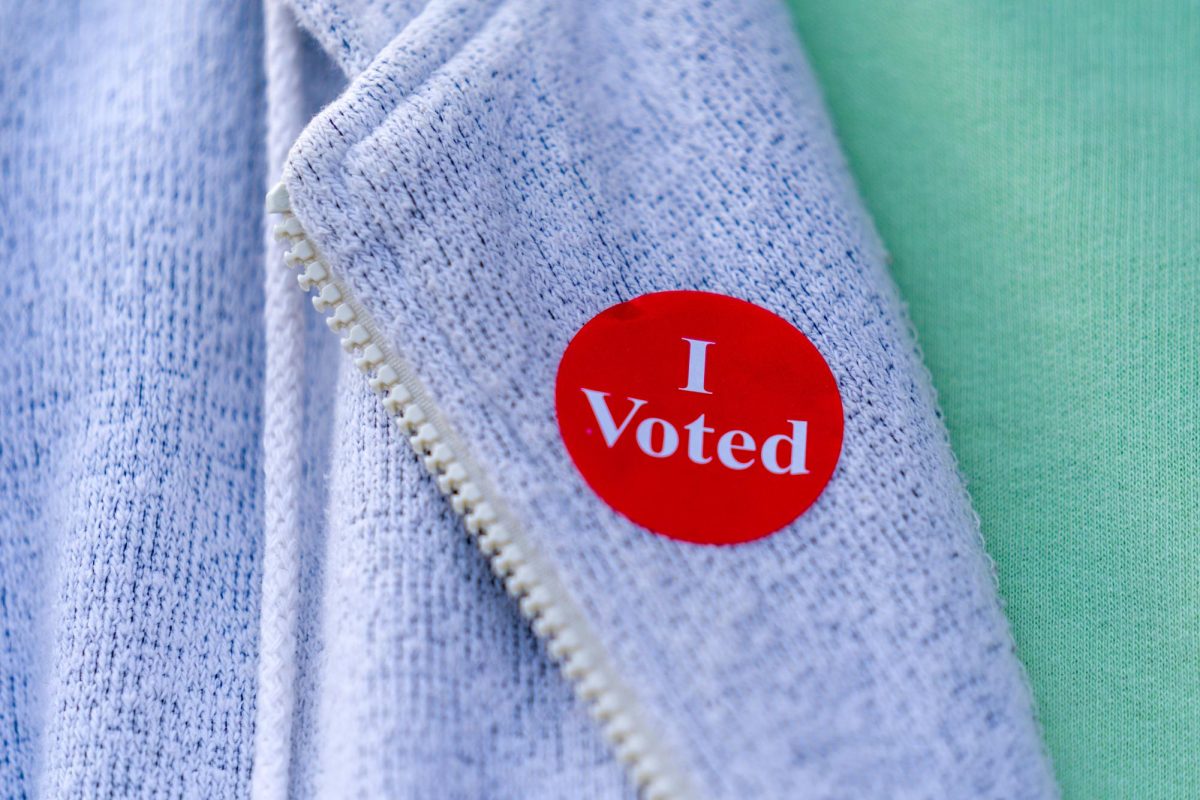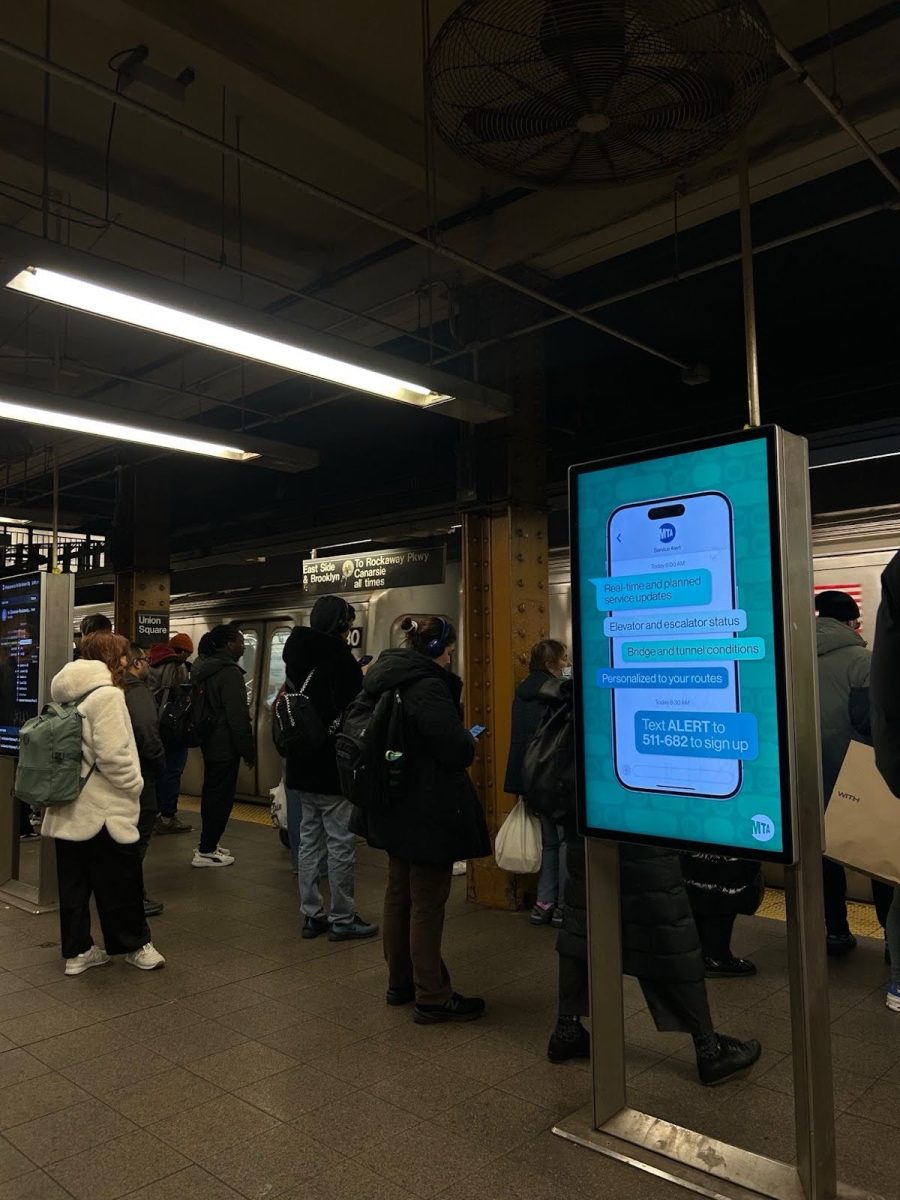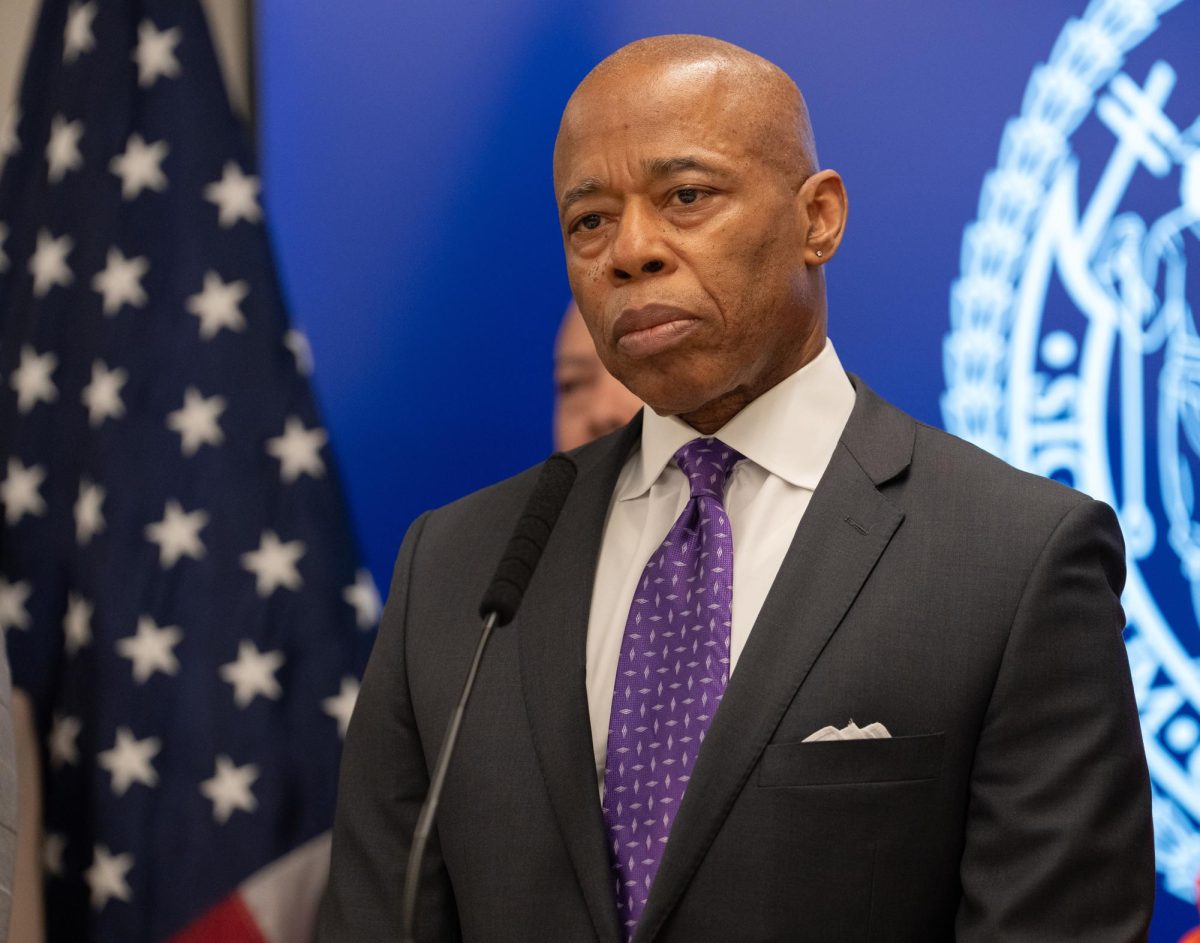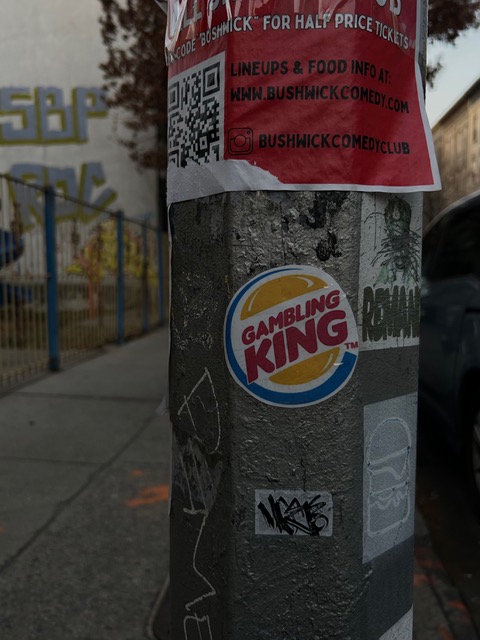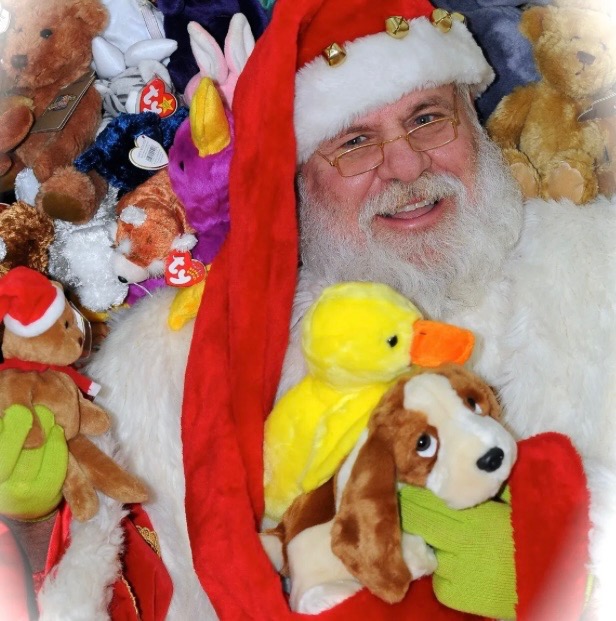John Jay students are feeling the crunch as finals season looms, but they’re not the only ones. New York’s Democratic mayoral candidates are also bracing for their own high-stakes exam, one graded at the ballot box.
On June 24th the Democratic primaries will decide who will face the general electorate in November. With youth turnout historically low, the role of young voters could be a decisive factor.
According to the 2021-2022 Voter Analysis Report from New York City’s Campaign
Finance Board, the 2021 mayoral election, which saw Eric Adams win, had the lowest turnout among 18 to 29-year-olds, with only 17.9% participating in the primary and 11% in the general election.
Janice Bockmeyer, a Political Science professor at John Jay College, attributes much of this low turnout to New York’s closed primary system.
“If you look at the barriers to voting participation, and you ask which of those might create higher hurdles for younger voters, I would pluck from the list… the requirements to register early in order to vote,” Bockmeyer said.
This year, voters had to register by February 14th to be eligible for the June primary, a deadline that many young or first-time voters miss simply because they aren’t tuned into the race yet.
“For young people who didn’t register early enough, of course they’re going to have a sad outcome when they get to their polling place and find out they can’t vote,” Bockmeyer added. “They’re going to be disappointed.”
For some students, these barriers aren’t just procedural but personal. Syed Ali Abbas, a junior majoring in Political Science, recently faced his own registration challenge.
“I do plan on voting,” Abbas said. “Actually, just until recently, there was a problem with the election board or something. They got my name wrong. So, I had to fix it right before the deadline passed a few months ago.”
Abbas shared how the experience was a frustrating reminder of how confusing the process can be, even for someone deeply interested in politics.
“This is something I didn’t realize until I started adulting, you know?” he said. “I’m putting in my social security, I’m putting in my address, I’m putting my date of birth, and you’re telling me you still can’t register me.”
However, Bockmeyer is optimistic about this primary season, pointing to recent voting reforms made possible after Democrats broke a decades-long gridlock by taking control of the State Senate in 2018. That shift opened the door to broader electoral reform, with lawmakers like Zellnor Myrie prioritizing voter access from the moment they took office.
Among the most impactful changes are the introduction of early voting, which runs from June 14th to June 22nd, and the option to register to vote online, both of these changes provide greater flexibility for voters who might otherwise struggle to get to the polls on a single day or register in-person.
For many John Jay students, the upcoming mayoral election is more than just a political contest.
Lynn Esteva, a freshman majoring in Forensic Psychology, sees voting as a crucial civic duty.
“As someone with a parent who legally can’t vote and another who thinks their vote doesn’t matter, it’s important for me to make my voice heard,” they said. “There are people around the world who can’t even speak out against the government. Why would I take such a privilege for granted?”
Esteva also worries that New York could be trapped in a cycle of self-serving politicians if younger voters don’t engage.
“If I wake up the day after the mayoral election and find out Cuomo or Adams has wormed their way back, I’ll be incredibly upset,” they said. “New Yorkers will be stuck in a never-ending cycle of politicians looking out for their ‘red’ friends and trying to save themselves by the skin of their teeth using a public office.”
Esteva believes low turnout among young voters is partly due to a lack of understanding about the impact of local elections.
“I think explaining why elections are important on a smaller scale can help people see why presidential elections matter too,” they said. “A lot of people don’t understand the basics of politics or think it’s boring, and that discourages them from voting or even paying attention.”
Esteva also emphasizes the importance of grassroots political organizing, pointing out that meaningful change starts at the local level.
“You can’t expect an Independent candidate to land themselves a place in the Presidential Cabinet if they can’t win on a smaller scale,” they said, quoting a line from the musical Hamilton to make their point, “No one knows who you are or what you do.”
As for who young people might turn out for, Bockmeyer believes Zohran Mamdani, a Democratic Socialist known for his grassroots appeal and bold policy ideas, is a strong contender.
“Young people are, from what I can see, going for Zohran Mamdani,” she said.
Esteva agrees with Bockmeyer’s view on Mamdani.
“My more politically inclined friends have talked to me a lot about Zohran Mamdani, and I immediately liked the policies he wants to implement or address in the city,” they said. “I think out of the multitude of candidates, he’s the one students will most likely vote for, so he’s doing his job well.”
Abbas also noted that Mamdani’s grassroots appeal has resonated on campus.
“My friends met Mamdani at a mayoral forum hosted by Treeage, an organization on campus that does a lot of advocacy and canvassing,” he said. The group officially endorsed Mamdani in an Instagram post on April 22nd, adding to his growing base of young supporters.
However, Bockmeyer points out that Mamdani’s appeal isn’t universal. She noted that some white ethnic voters may be hesitant to rank him first, expressing concerns about supporting a socialist on the ballot. If this group turns out in significant numbers, it could create an opening for someone like Brad Lander, NYC’s current comptroller, who has the backing of both the Democratic and Working Families Parties, potentially allowing him to emerge as the top choice under ranked-choice voting.
As the primary approaches, the question remains whether young voters will overcome the barriers to participation and make their voices heard.
For those still undecided, the Gothamist has released a quiz to help match voters with the candidate that best aligns with their priorities. New York voters can also check their registration status here.


